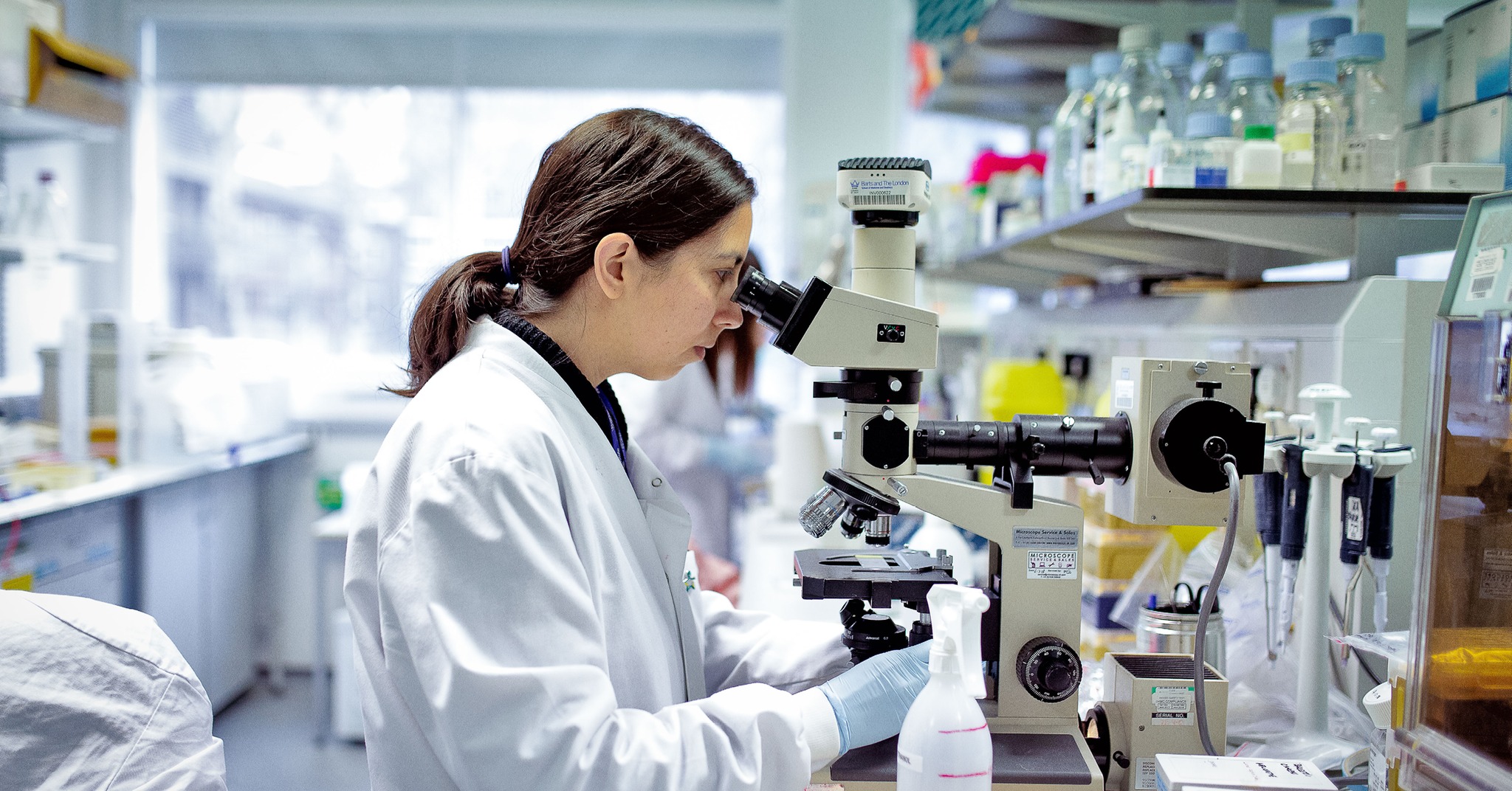Microscopes are at the core of biology – from mineral samples to animal or plant cells, a microscope is an instrument used to view objects that are too small for the naked eye to see.
The microscope is a highly important instrument with a wide range of applications. It allows scientists and students to study a range of microorganisms, cells and structures, playing an integral role in both research and diagnostics.
While the complexities of different stages of education or research require instruments with differing levels of sophistication, microscopes can be used in a variety of settings, providing an invaluable tool.
Whatever the instrument type, maintaining your laboratory equipment is of paramount importance. Proper care and maintenance of your microscope can extend its life by many years.
Here is a quick guide and some simple ways to ensure proper care and maintenance of your microscope.
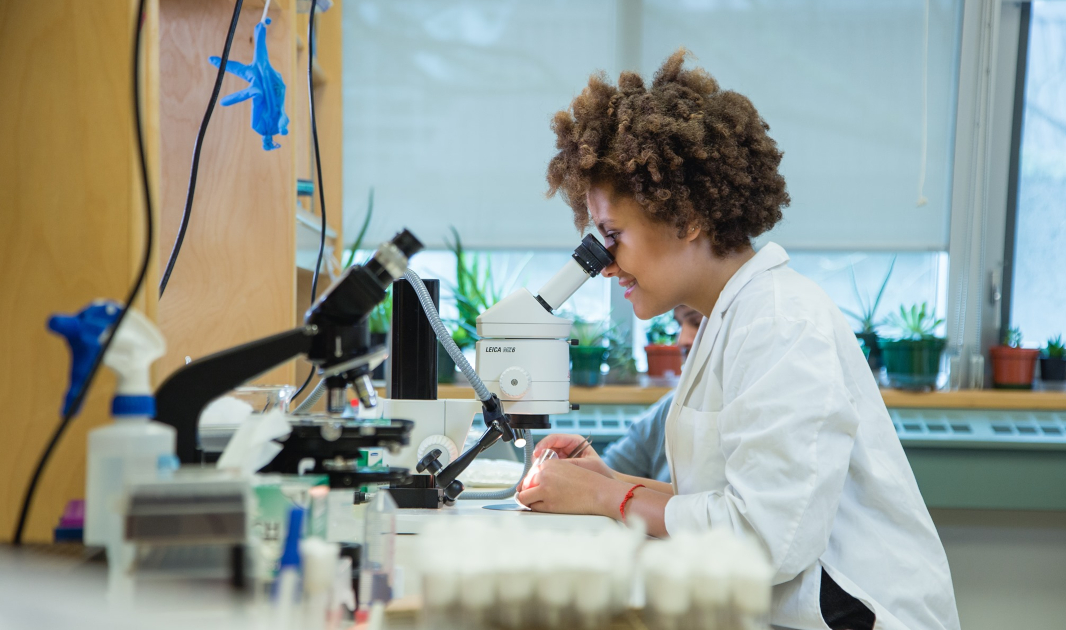
1. When carrying your microscope, always use two hands
Most microscope problems occur because of improper handling so when carrying your microscope, hold it by the bottom of the base with one hand and hold the metal support arm with the other. Do not pick it up by the specimen stage or the eyepiece holder, as this can cause a misalignment of lenses. When transporting it, use a microscope bag or box and always handle it with care.
2. Keep lenses clear of slides
When using your microscope and adjusting the focus you will need to lower the new objective lens down as far as it will go. Then use the coarse and/or fine adjustment focus to move it up until the image is focused. However, you should never allow the lens to touch the slide you are looking at.
When using the microscope, always use the lowest power objective lens first and then increase the power as needed. Slowly adjust the focus and keep your eyes on the distance between the tip of the objective lens and the slides on the stage. When you using a high-magnification objective lens, use the fine focus instead of the coarse focus to bring your slide into focus.
Dirty lenses can be difficult to clean and the slide may leave a permanent scratch on the surface of the lens. Once you’ve finished using the microscope, ensure to switch to the lowest objective lens and double-check before you start a new microscope session.
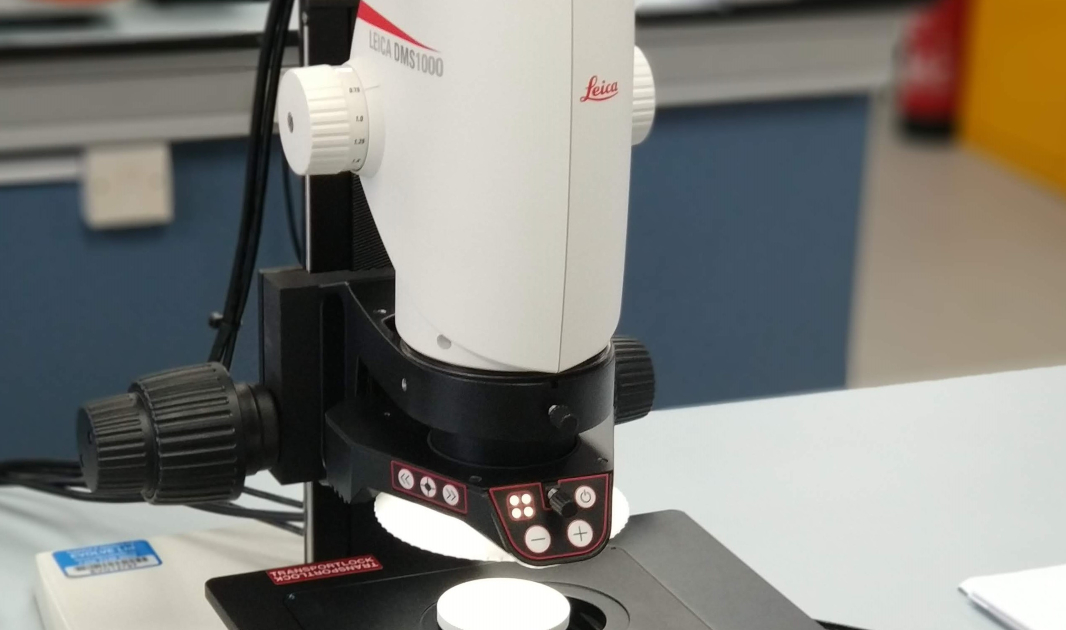
3. After using immersion oil, clean the lens immediately
If using immersion oil to increase the resolving power of a microscope, always ensure the objective lens are cleaned immediately after use.
Objective, eyepieces, and condenser may be removed for cleaning. Use only good-quality lens paper and lens cleaning solution and do not use solvents that could damage the lens coating.
Remember to check the lens is suitable for oil immersion before using them for the immersion oil practice.
4. Always clean carefully and with the appropriate cleaning solution
Microscope lenses are delicate. Treat them carefully to avoid any scratches. Use an aspirator to remove dust. Moisten special lens paper with distilled water or appropriate cleaning solution. Rubbing gently in a circular motion will remove any sticky residue. Never use anything abrasive on microscope lenses.
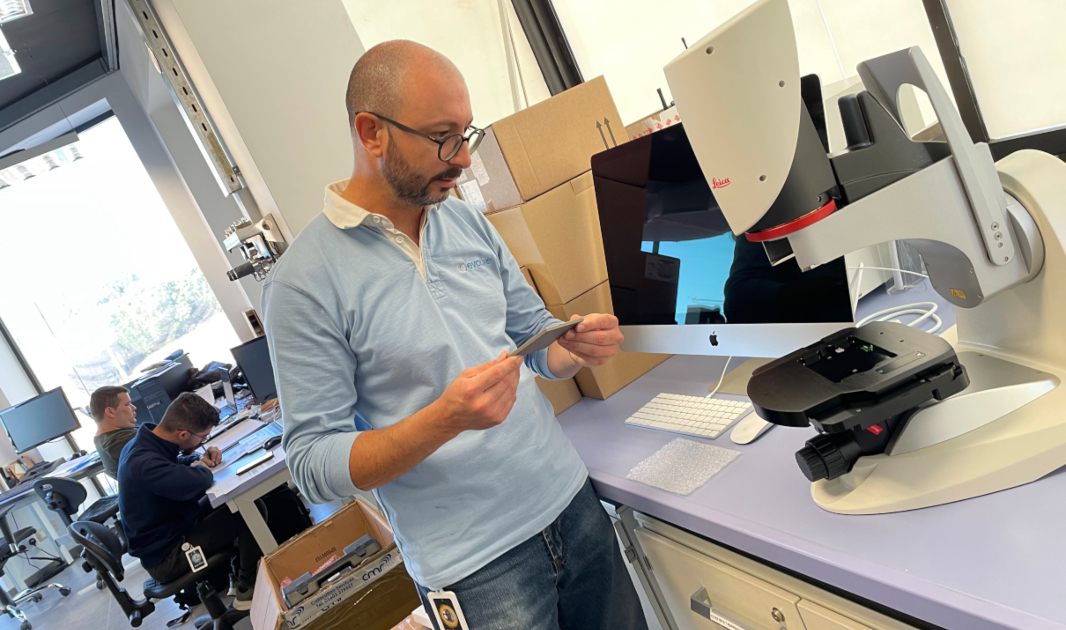
5. Always use the dust cover when the microscope is not in use
All microscopes are sold with dust covers so keep your microscope covered when not in use even if the microscope is stored in a cabinet. Eye tubes also need to be kept free of dust so do not store a microscope without its eyepieces. If the microscope eyepieces must be removed, cover the tubes with caps or a plastic bag with a rubber band around the eye tube.
6. Store your microscope in a cool, dry place
Make sure you store your microscope in a clean, dry space with good air ventilation. Moisture may corrode the metal parts of your microscope and allow mould to grow inside the microscope. Salt air or pervasive dampness can also cause damage to the equipment over time. Similarly, keep your microscope away from areas with potentially corrosive chemical fumes that can destroy lenses or metal parts or beside solutions that may leak. Also, place your microscopes on a stable surface and avoid any consistent shake. Make sure your cabinet is ventilated.
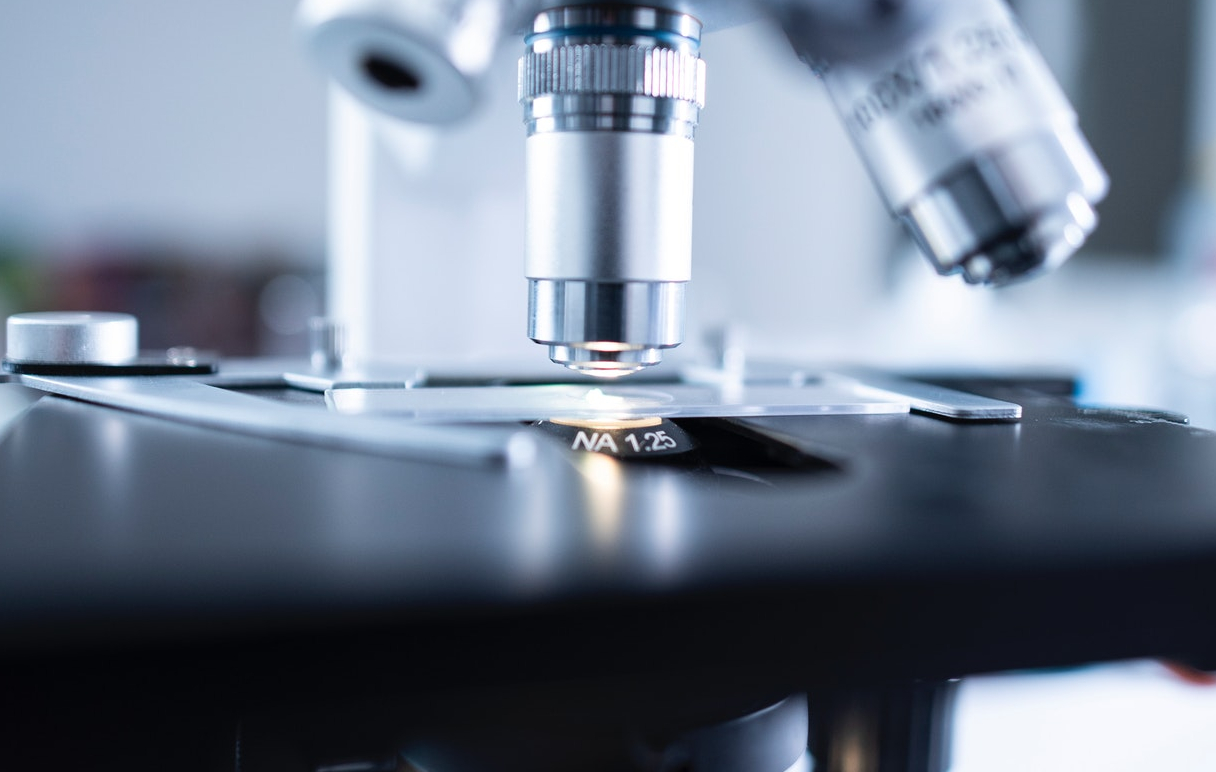
7. Look after the bulb by allowing it to cool before putting away
After using the microscope, turn off the illuminator and wait for it to cool for several minutes before putting it away. By allowing the bulb to cool you will extend its life and avoid the unnecessary costs of expensive replacements. When turning the microscope on and off, use the switch, not the mains. Do not switch the microscope on while using full light intensity as the bulb will overheat and blow. Never touch the bulb with your fingers, use a tissue, as the body oils can burn into the bulb and reduce its life. Keep a store of replacement bulbs and always use the correct bulb.
8. Keep your user manual in a safe place
Each microscope should come with a user manual and specialist wrenches as required. Always consult the user manual before making any adjustments to your microscope and use the wrenches provided.
Never over-tighten or use force when performing any maintenance on your microscope, or use inappropriate tools. This can damage the parts.

9. Regularly check the condition of the microscope
On an annual basis moving parts on the microscope should be cleaned and lubricated. Clean grease and dirt from sliding surfaces using a clean cloth. Apply a very thin layer of lithium-based grease to the sliding surfaces. Do not grease the teeth of the rack and pinion gears. Inspect the power cords and plugs for safety and stock up on a supply of replacement bulbs. Before and after use, always inspect the microscope for any signs of damage or wear.
10. Have your microscope serviced professionally
Keep your microscopy equipment in tip-top condition by keeping the good practice of having a professional check and service every 200 hours of use or every 3 years, whichever comes first.
Evolve is one of the leading suppliers of microscopes in Malta, to hospitals, schools, industry and more.
Tap into our team of experts, here to guide you through our products, services and planning. If you need to speak with us right away, call us or visit our Support Centre page. You’ll be glad you did.
More brilliant ideas to inspire you
Stay up to date with our latest Evolve insights
By your side with world class science support
At Evolve, we’ve been designing and supplying lab equipment, scientific products and supplies for hospitals, clinics, scientists and researchers for decades.
We consider it our job to do far more than just take your order, we’re here to help. We listen, advise and solve problems.
Knowing that your time is precious, we also work fast – often being the only scientific supplier in Malta who can deliver what you need, when you need it. We pride ourselves on the great relationships we nurture and the consistent results we deliver.
To find out how we can save you time and give you one less thing to worry about, visit our Support Centre page.

